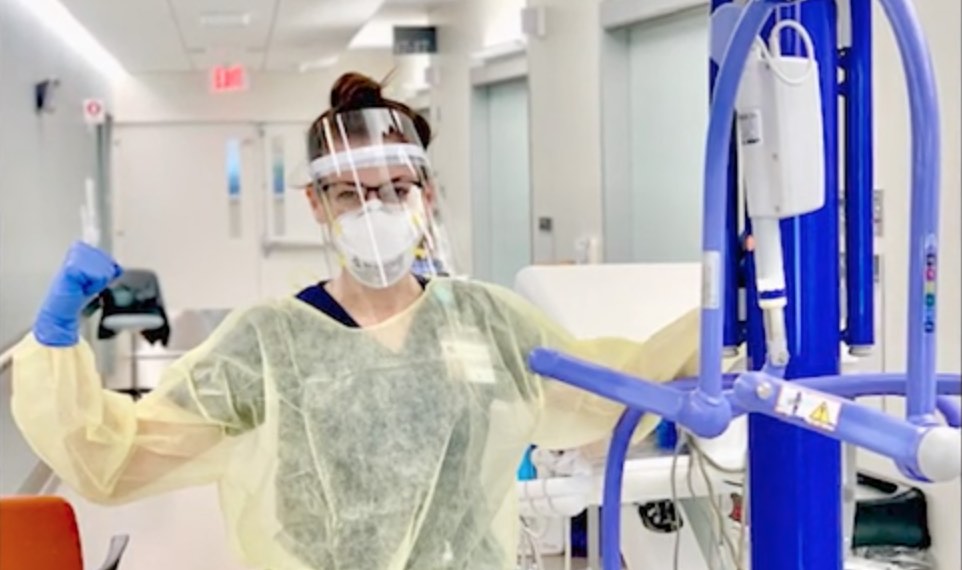NEW YORK (Reuters Health) – Premature infants who are placed on initial empirical antibiotic therapy for 5 days or longer are at increased risk for late-onset sepsis, necrotizing enterocolitis and death, according to a report in the Journal of Pediatrics online July 25.
“Judicious restriction of antibiotic use should be investigated as a strategy to reduce severe outcomes for premature infants,” the authors suggest.
Dr. Kurt R. Schibler and colleagues at Cincinnati Children’s Hospital Medical Center, Ohio, explain that most very premature infants in the US receive empirical antibiotic therapy, prompted by the concern that occult intrauterine infection may lead to early-onset sepsis.
While this seems prudent, they say, the duration of antibiotic treatment tends to be based on perceived risk of infection rather than culture results. The downside of prolonged antibiotic therapy includes the potential for increasing drug resistance and possible interference with normal gastrointestinal colonization.
To see if prolonged antibiotic treatment leads to adverse outcomes, the team retrospectively studied 365 infants born at no more than 32 weeks gestational age who survived the first week of life free of sepsis or necrotizing enterocolitis. No initial empirical antibiotics were given to 60 of the infants, while 175 received antibiotics for 1 to 4 days and 130 continued on antibiotics for 5 days or longer (prolonged therapy).
Overall, 76 infants subsequently developed late-onset sepsis, 17 were diagnosed with necrotizing enterocolitis, and 29 died. After controlling for birth weight, days on ventilation, amount of breast milk received and other factors, the team found that prolonged initial empirical antibiotic therapy was independently associated with late-onset sepsis (odds ratio 2.45) and with the combination of late-onset sepsis, necrotizing enterocolitis and death (odds ratio 2.66).
In discussing the clinical implications of these findings, Dr. Schibler and colleagues write: “Although it may be prudent to discontinue antibiotics for many premature infants with suspected EOS (early-onset sepsis) when cultures are negative, we do not propose limiting antibiotic treatment duration in all premature infants because blood-sampling limitations and maternal antepartum antibiotic coverage may preclude optimal culture sensitivity.”
However, they conclude, “We do advocate rigorous review of ongoing empirical antibiotic treatment and prompt discontinuation of therapy if blood cultures are negative, and clinical and laboratory measurements indicate a low risk of sepsis.”
Reference:
Prolonged Initial Empirical Antibiotic Treatment is Associated with Adverse Outcomes in Premature Infants
J Pediatr 2011.









